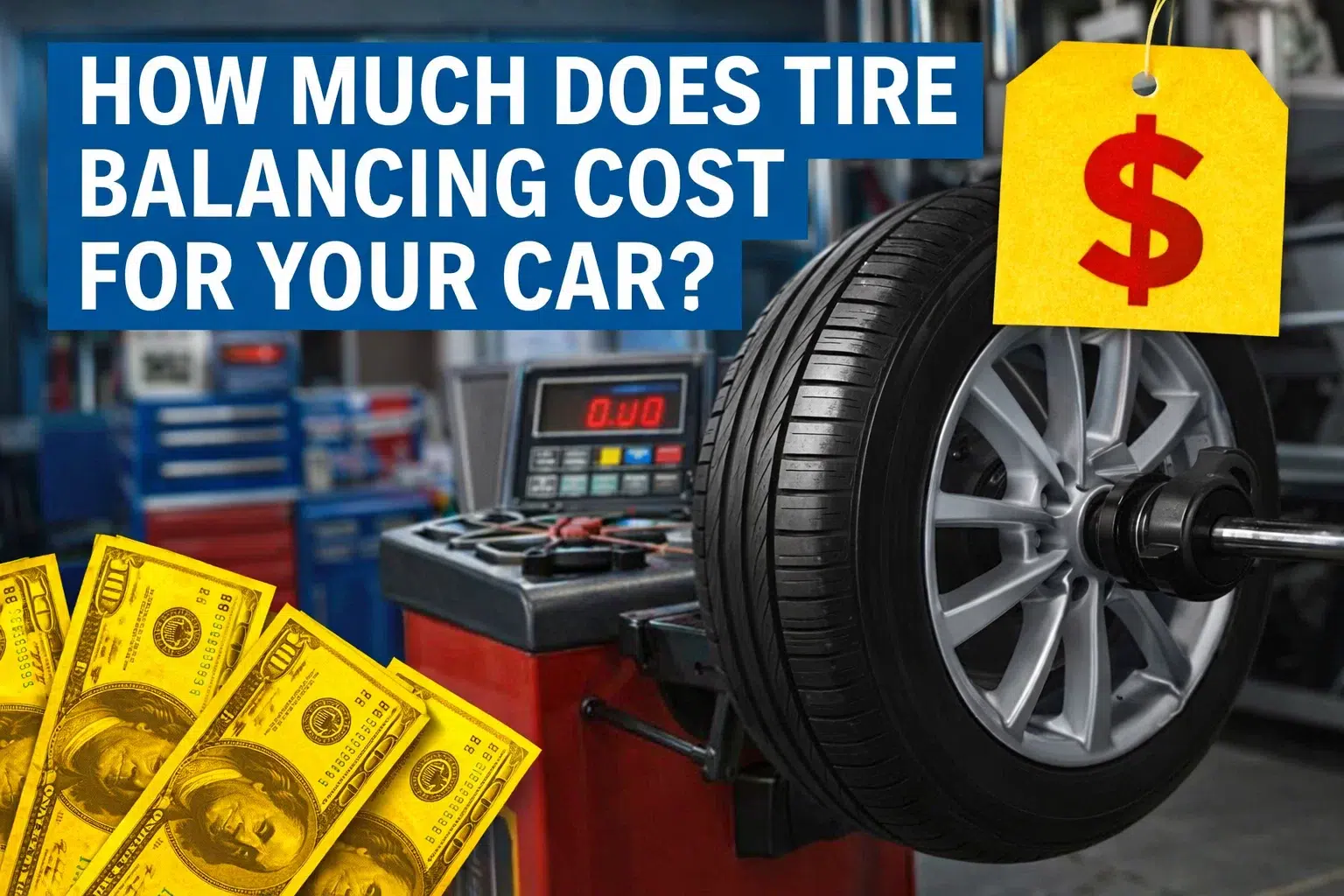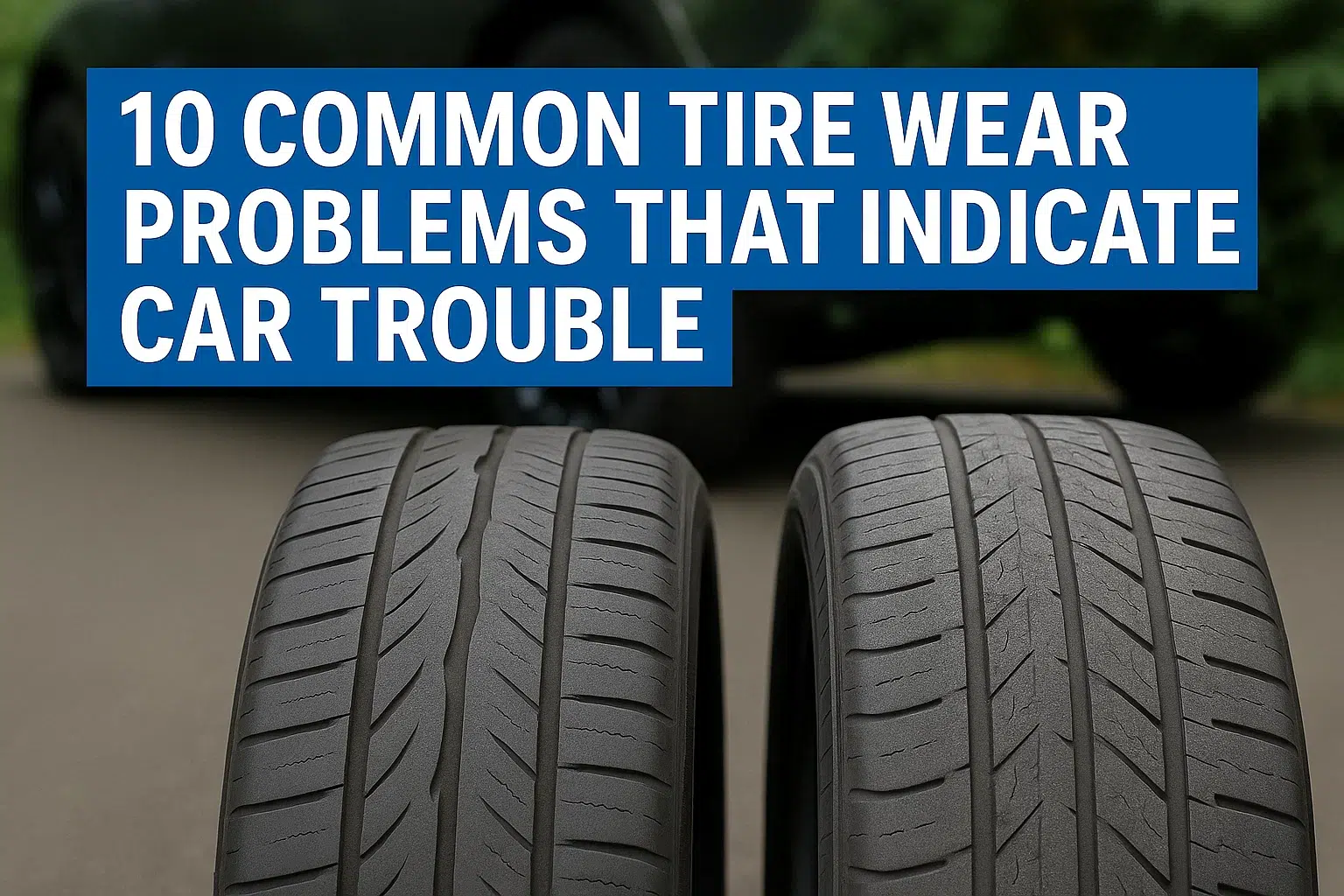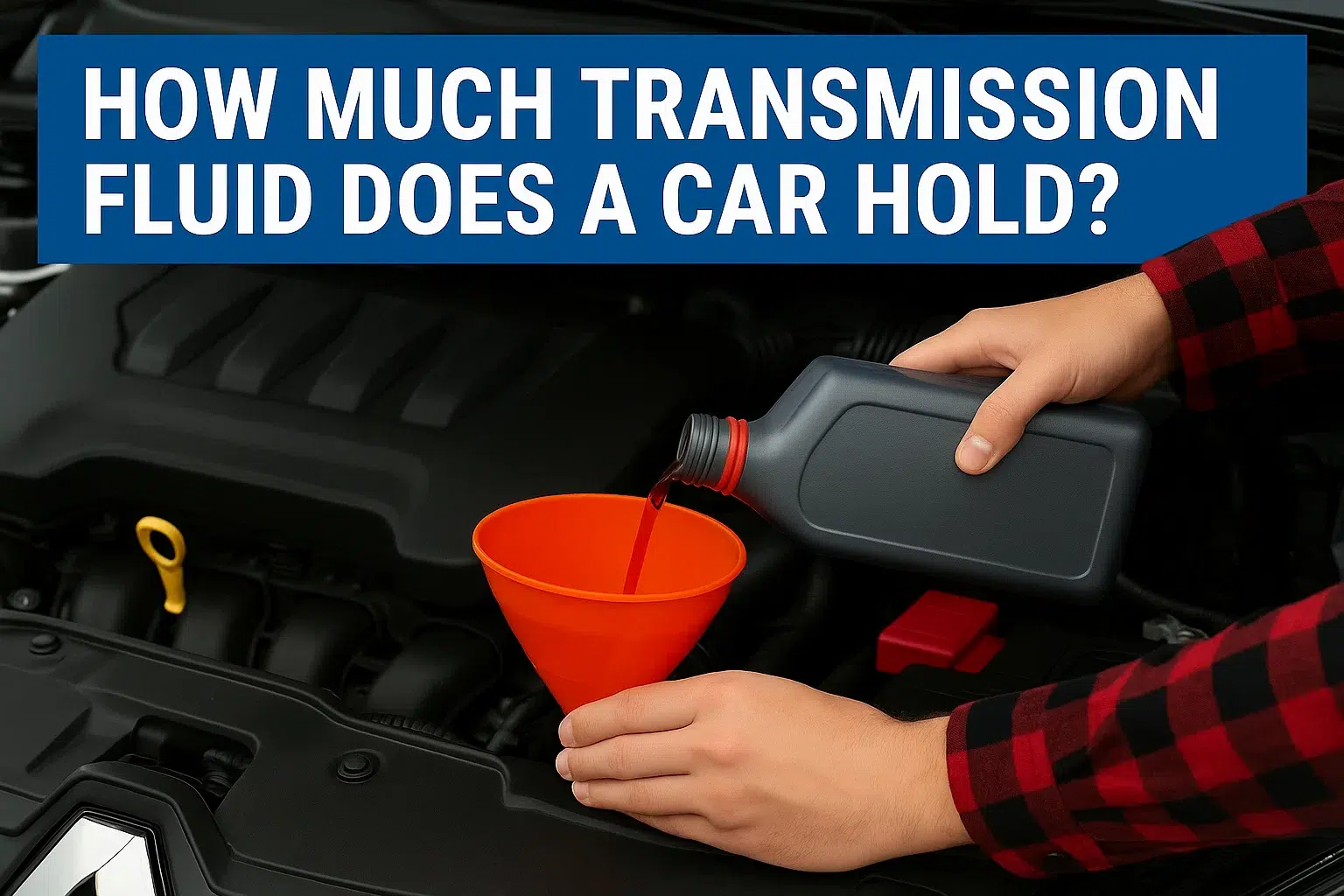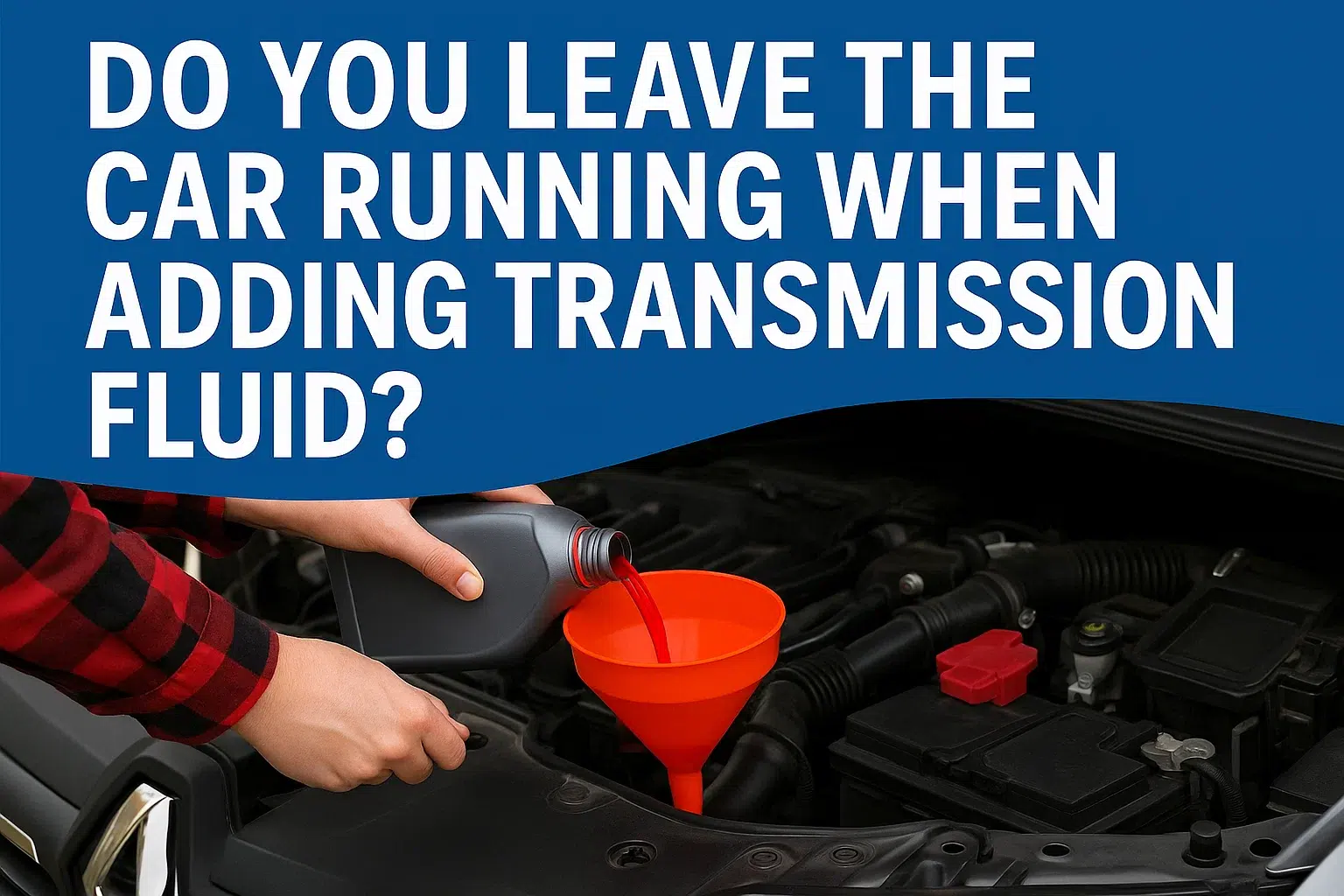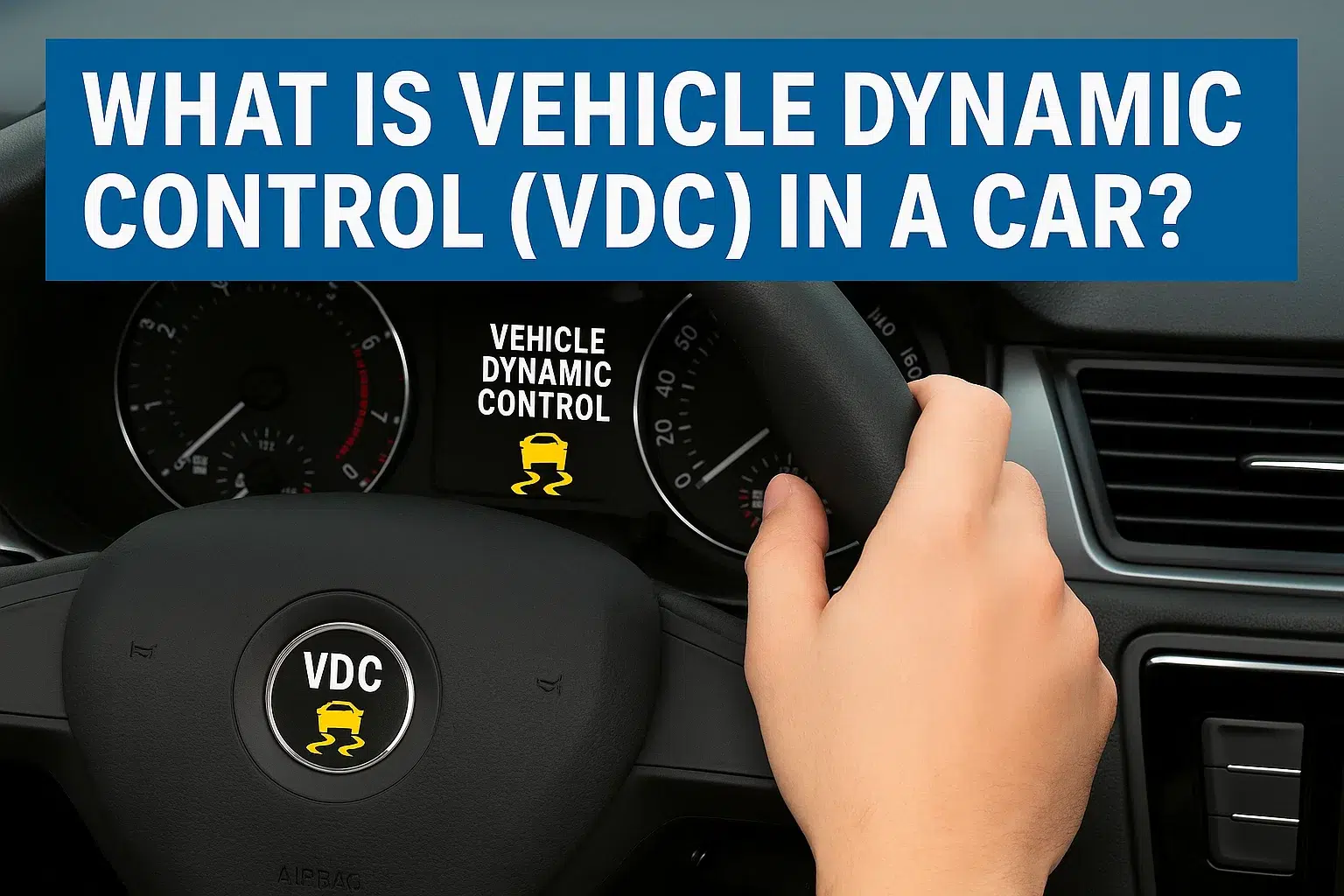Why Is My VSC Light and Check Engine Light On Together?
When the VSC light and check engine light turn on together, it usually means your vehicle’s stability control system and engine management system have detected a related fault which often involves sensors, braking components, electrical voltage, or shared control modules and the car may even disable safety features to protect itself. Introduction Modern vehicles rely … Read more



